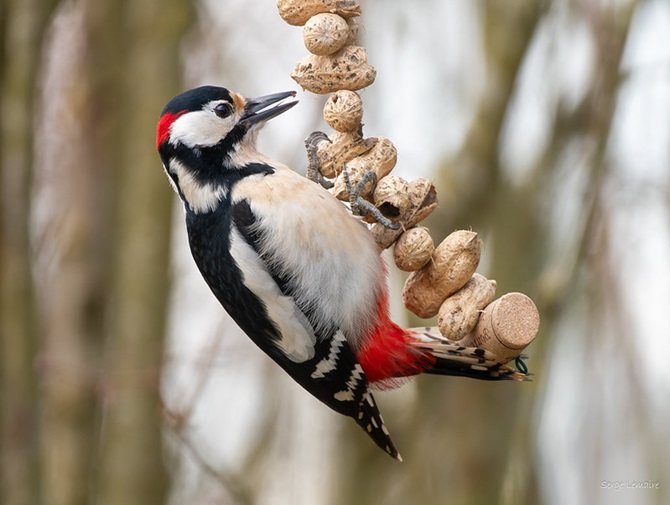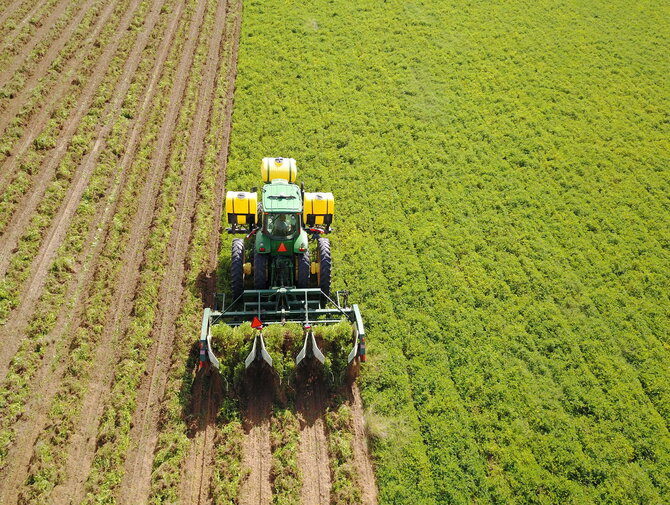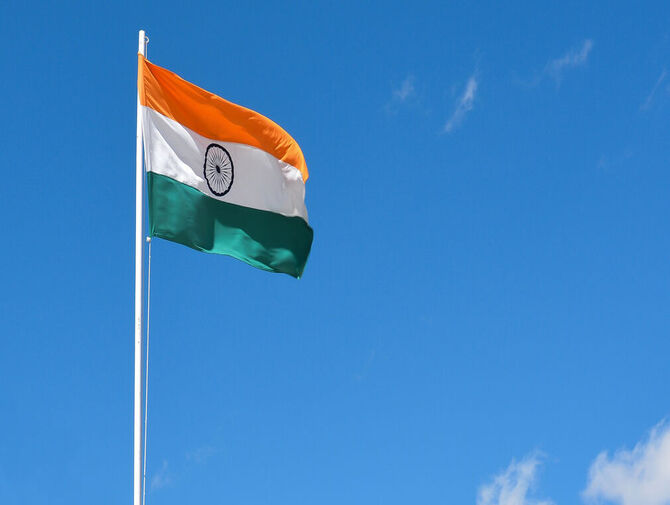

An ounce of information

Article by Pnut King
Published on 01/13/2025 in Peanut Farming
Peanuts have long been a staple food for backyard bird enthusiasts and wildlife conservationists alike. These protein-rich, energy-dense legumes are one of the most popular choices for bird feeding globally, playing a crucial role in supporting avian populations during critical periods such as winter and migration.
In recent years, the market for bird feed peanuts has seen exponential growth, driven by a combination of ecological awareness, conservation efforts, and consumer demand for sustainable wildlife care practices. Europe, in particular, has emerged as a leader in this space, reflecting a blend of cultural tradition and regulatory oversight that prioritizes quality and biodiversity.
Global Demand for Bird Feed Peanuts
Bird feed peanuts have a universal appeal, thanks to their high nutritional value. Packed with essential fats, proteins, and calories, they serve as an energy powerhouse for various bird species, including woodpeckers, nuthatches, and finches.
Globally, the bird feed market was valued at approximately $6 billion in 2023, with peanuts accounting for a significant share due to their versatility and appeal to multiple bird species. Regions such as North America and Asia are also seeing a surge in bird feed demand as urbanization drives people to create backyard habitats to connect with nature.
Key drivers of the global bird feed peanut market include:
1. Increased Interest in Backyard Birding The COVID-19 pandemic fueled a surge in backyard hobbies, including birdwatching. This renewed interest has boosted demand for bird feed products, with peanuts being a top choice.
2. Climate Change and Food Scarcity As natural food sources for birds become scarcer due to habitat loss and changing climates, supplemental feeding with peanuts has become an essential measure to sustain bird populations.
3. Educational and Conservation Campaigns Organisations worldwide are promoting bird feeding as an accessible way to engage with wildlife and support biodiversity. Campaigns in North America, for instance, highlight the benefits of providing aflatoxin-free peanuts to ensure the safety of avian species.
The European Market: A Key Player in Bird Feed Peanuts
Europe has become a global hub for the bird feed peanut market, driven by a strong culture of birdwatching, conservation initiatives, and stringent quality standards. The region’s bird feed market is projected to grow at a CAGR of 5.8% from 2023 to 2028, with countries like the UK, Germany, and the Netherlands leading the charge.
Why Europe Stands Out:
From Farms to Feeders: How Peanuts Reach Birds Globally
The journey of bird feed peanuts begins in agricultural hubs like India, the United States, and Argentina, which are major producers of high-quality peanuts.
At Agrocrops, for instance, we priorities stringent quality checks and sustainable practices to deliver premium-grade peanuts for bird feed markets worldwide. Our partnerships with conservation organisations also enable us to cater to the specific needs of different regions, including Europe.
Organisations Supporting Bird Feeding and Conservation
A Vital Resource for Birds and Ecosystems
Bird feed peanuts do more than nourish birds—they contribute to the health of ecosystems. Birds that consume peanuts often help control insect populations, disperse seeds, and pollinate plants, creating a ripple effect of ecological benefits. Additionally, feeding birds fosters a deeper connection between humans and nature, raising awareness about the need for conservation. Urban areas, in particular, benefit from bird feeding initiatives, which bring wildlife into close proximity and inspire community involvement.
Europe, with its strong cultural traditions, stringent quality standards, and thriving market, leads the way in this global trend. By sourcing high-quality, aflatoxin-free peanuts, suppliers and exporters play a critical role in ensuring the safety and sustainability of this practice, contributing to healthier ecosystems and thriving bird populations worldwide.
With over 17 years of experience in the peanut industry and numerous awards recognising his contributions, he founded Agrocrops in 2008, a leading global peanut company. His passion for peanuts drives his commitment to improving the industry for all stakeholders and promoting sustainability.
.jpg)
Published on 14/04/2025 in

Published on 04/04/2025 in

Published on 02/04/2025 in
.jpg)
Published on 01/04/2025 in
